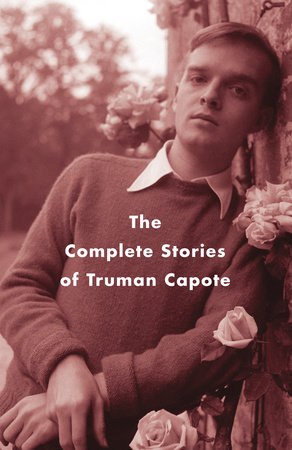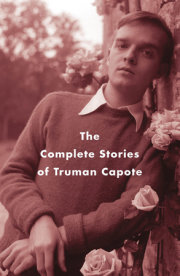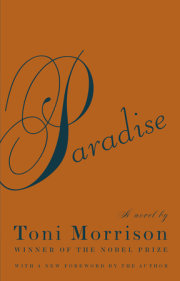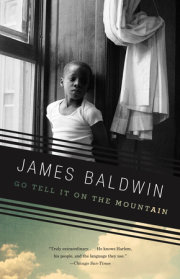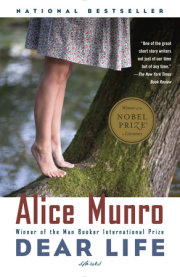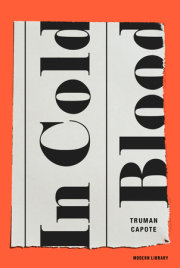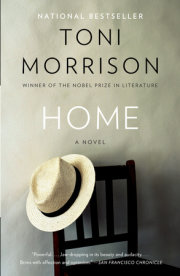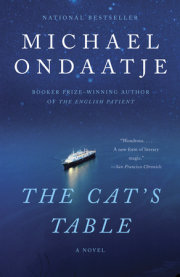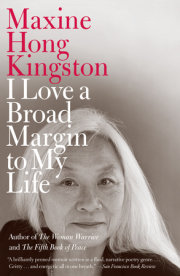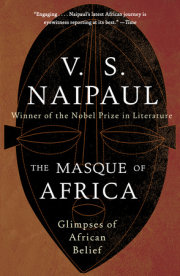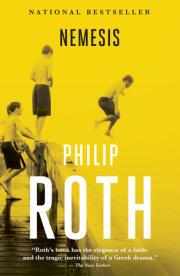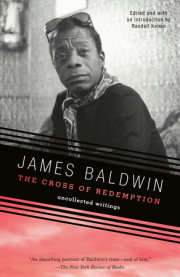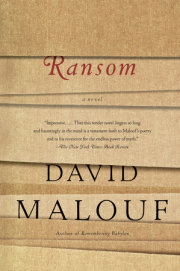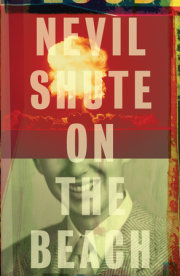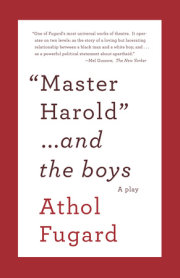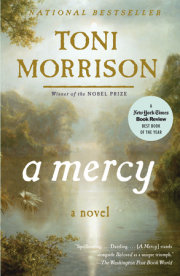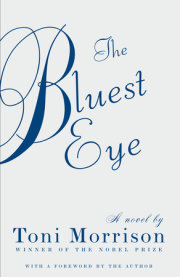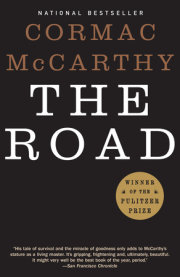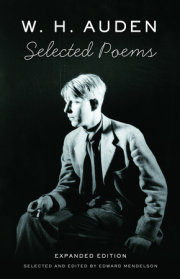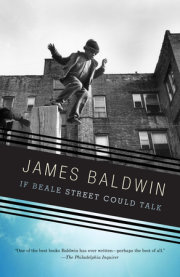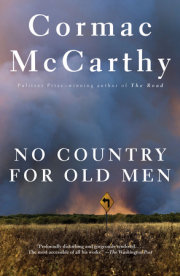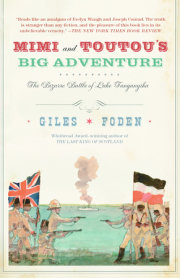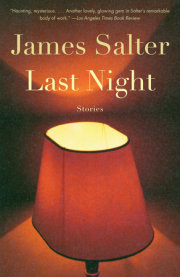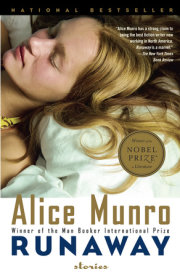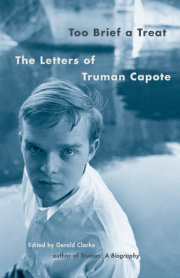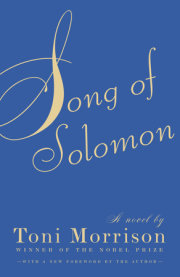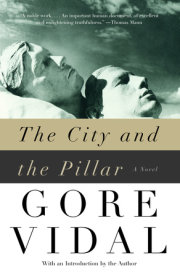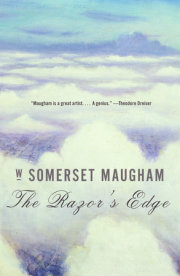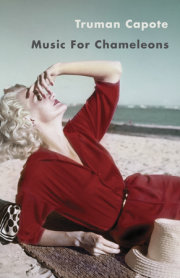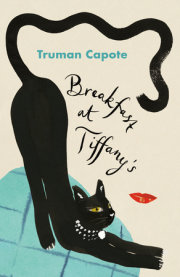Capote: THE COLLECTED STORIES OF TRUMAN CAPOTE
The Walls Are Cold
(1943)
“. . . so Grant just said to them come on along to a wonderful party, and, well it was as easy as that. Really, I think it was just genius to pick them up, God only knows they might resurrect us from the grave.” The girl who was talking tapped her cigarette ash on the Persian throw rug and looked apologetically at her hostess.
The hostess straightened her trim, black dress and pursed her lips nervously. She was very young and small and perfect. Her face was pale and framed with sleek black hair, and her lipstick was a trifle too dark. It was after two and she was tired and wished they would all go, but it was no small task to rid yourself of some thirty people, particularly when the majority were full of her father’s scotch. The elevator man had been up twice to complain about the noise; so she gave him a highball, which is all he is after anyway. And now the sailors . . . oh, the hell with it.
“It’s all right, Mildred, really. What are a few sailors more or less? God, I hope they don’t break anything. Would you go back in the kitchen and see about ice, please? I’ll see what I can do with your new-found friends.”
“Really, darling, I don’t think it’s at all necessary. From what I understand, they acclimate themselves very easily.”
The hostess went toward her sudden guests. They were knotted together in one corner of the drawing-room, just staring and not looking very much at home.
The best looking of the sextet turned his cap nervously and said, “We didn’t know it was any kind of party like this, Miss. I mean, you don’t want us, do you?”
“Of course you’re welcome. What on earth would you be doing here if I didn’t want you?”
The sailor was embarrassed.
“That girl, that Mildred and her friend just picked us up in some bar or other and we didn’t have any idea we was comin’ to no house like this.”
“How ridiculous, how utterly ridiculous,” the hostess said. “You are from the South, aren’t you?”
He tucked his cap under his arm and looked more at ease. “I’m from Mississippi. Don’t suppose you’ve ever been there, have you, Miss?”
She looked away toward the window and ran her tongue across her lips. She was tired of this, terribly tired of it. “Oh, yes,” she lied. “A beautiful state.”
He grinned. “You must be mixed up with some other place, Miss. There sure’s not a lot to catch the eye in Mississippi, ’cept maybe around Natchez way.”
“Of course, Natchez. I went to school with a girl from Natchez. Elizabeth Kimberly, do you know her?”
“No, can’t say as I do.”
Suddenly she realized that she and the sailor were alone; all of his mates had wandered over to the piano where Les was playing Porter. Mildred was right about the acclimation.
“Come on,” she said, “I’ll fix you a drink. They can shift for themselves. My name’s Louise, so please don’t call me Miss.”
“My sister’s name’s Louise, I’m Jake.”
“Really, isn’t that charming? I mean the coincidence.” She smoothed her hair and smiled with her too dark lips.
They went into the den and she knew the sailor was watching the way her dress swung around her hips. She stooped through the door behind the bar.
“Well,” she said, “what will it be? I forgot, we have scotch and rye and rum; how about a nice rum and coke?”
“If you say so,” he grinned, sliding his hand along the mirrored bar’s surface, “you know, I never saw a place like this before. It’s something right out of a movie.”
She whirled ice swiftly around in a glass with a swizzle stick. “I’ll take you on a forty-cent tour if you like. It’s quite large, for an apartment, that is. We have a country house that’s much, much bigger.”
That didn’t sound right. It was too supercilious. She turned and put the bottle of rum back in its niche. She could see in the mirror that he was staring at her, perhaps through her.
“How old are you?” he asked.
She had to think for a minute, really think. She lied so constantly about her age she sometimes forgot the truth herself. What difference did it make whether he knew her real age or not? So she told him.
“Sixteen.”
“And never been kissed . . . ?”
She laughed, not at the cliché but her answer.
“Raped, you mean.”
She was facing him and saw that he was shocked and then amused and then something else.
“Oh, for God’s sake, don’t look at me that way, I’m not a bad girl.” He blushed and she climbed back through the door and took his hand. “Come on, I’ll show you around.”
She led him down a long corridor intermittently lined with mirrors, and showed him room after room. He admired the soft, pastel rugs and the smooth blend of modernistic with period furniture.
“This is my room,” she said, holding the door open for him, “you mustn’t mind the mess, it isn’t all mine, most of the girls have been fixing in here.”
There was nothing for him to mind, the room was in perfect order. The bed, the tables, the lamp were all white but the walls and the rug were a dark, cold green.
“Well, Jake . . . what do you think, suit me?”
“I never saw anything like it, my sister wouldn’t believe me if I told her . . . but I don’t like the walls, if you’ll pardon me for saying so . . . that green . . . they look so cold.”
She looked puzzled and not knowing quite why, she reached out her hand and touched the wall beside her dressing-table.
“You’re right, the walls I mean, they are cold.” She looked up at him and for a moment her face was molded in such an expression he was not quite sure whether she was going to laugh or cry.
“I didn’t mean it that way. Hell, I don’t rightly know what I mean!”
“Don’t you, or are we just being euphemistic?” It drew a blank so she sat down on the side of her white bed.
“Here,” she said, “sit down and have a cigarette, what ever happened to your drink?”
He sat down beside her. “I left it out in the bar. It sure seems quiet back here after all that racket in front.”
“How long have you been in the navy?”
“Eight months.”
“Like it?”
“It isn’t much concern whether you like it or not. . . . I’ve seen a lot of places that I wouldn’t otherwise.”
“Why did you enlist then?”
“Oh, I was going to be drafted and the navy seemed more to my likin’.”
“Is it?”
“Well, I tell you, I don’t take to this kind of life, I don’t like other men bossin’ me around. Would you?”
She didn’t answer but put a cigarette in her mouth instead. He held the match for her and she let her hand brush against his. His hand was trembling and the light was not very steady. She inhaled and said, “You want to kiss me, don’t you?”
She watched him intently and saw the slow, red spread over his face.
“Why don’t you?”
“You’re not that kind of girl. I’d be scared to kiss a girl like you, ’sides, you’re only making fun out of me.”
She laughed and blew the smoke in a cloud toward the ceiling. “Stop it, you sound like something out of a gaslight melodrama. What is ‘that kind of girl,’ anyway? Just an idea. Whether you kiss me or not isn’t of the slightest importance. I could explain, but why bother? You’d probably end up thinking I’m a nymphomaniac.”
“I don’t even know what that is.”
“Hell, that’s what I mean. You’re a man, a real man and I’m so sick of these weak, effeminate boys like Les. I just wanted to know what it would be like, that’s all.”
He bent over her. “You’re a funny kid,” he said, and she was in his arms. He kissed her and his hand slid down along her shoulder and pressed against her breast.
She twisted and gave him a violent shove and he went sprawling across the cold, green rug.
She got up and stood over him and they stared at each other. “You dirt,” she said. Then she slapped his bewildered face.
She opened the door, paused, and straightened her dress and went back to the party. He sat on the floor for a moment, then he got up and found his way to the foyer and then remembered that he had left his cap in the white room, but he didn’t care, all he wanted was to get out of here.
The hostess looked inside the drawing-room and motioned for Mildred to come out.
“For God’s sake, Mildred, get these people out of here; those sailors, what do they think this is . . . the USO?”
“What’s the matter, was that guy bothering you?”
“No, no, he’s just a small town moron who’s never seen anything like this before and it’s gone to his head in a funny kind of way. It’s just one awful bore and I have a headache. Will you get them out for me please . . . everybody?”
She nodded and the hostess turned back down the corridor and went into her mother’s room. She lay down on the velvet chaise lounge and stared at the Picasso abstract. She picked up a tiny lace pillow and pushed it against her face as hard as she could. She was going to sleep here tonight, here where the walls were pale rose and warm.
Copyright © 2004 by Truman Capote. All rights reserved. No part of this excerpt may be reproduced or reprinted without permission in writing from the publisher.

